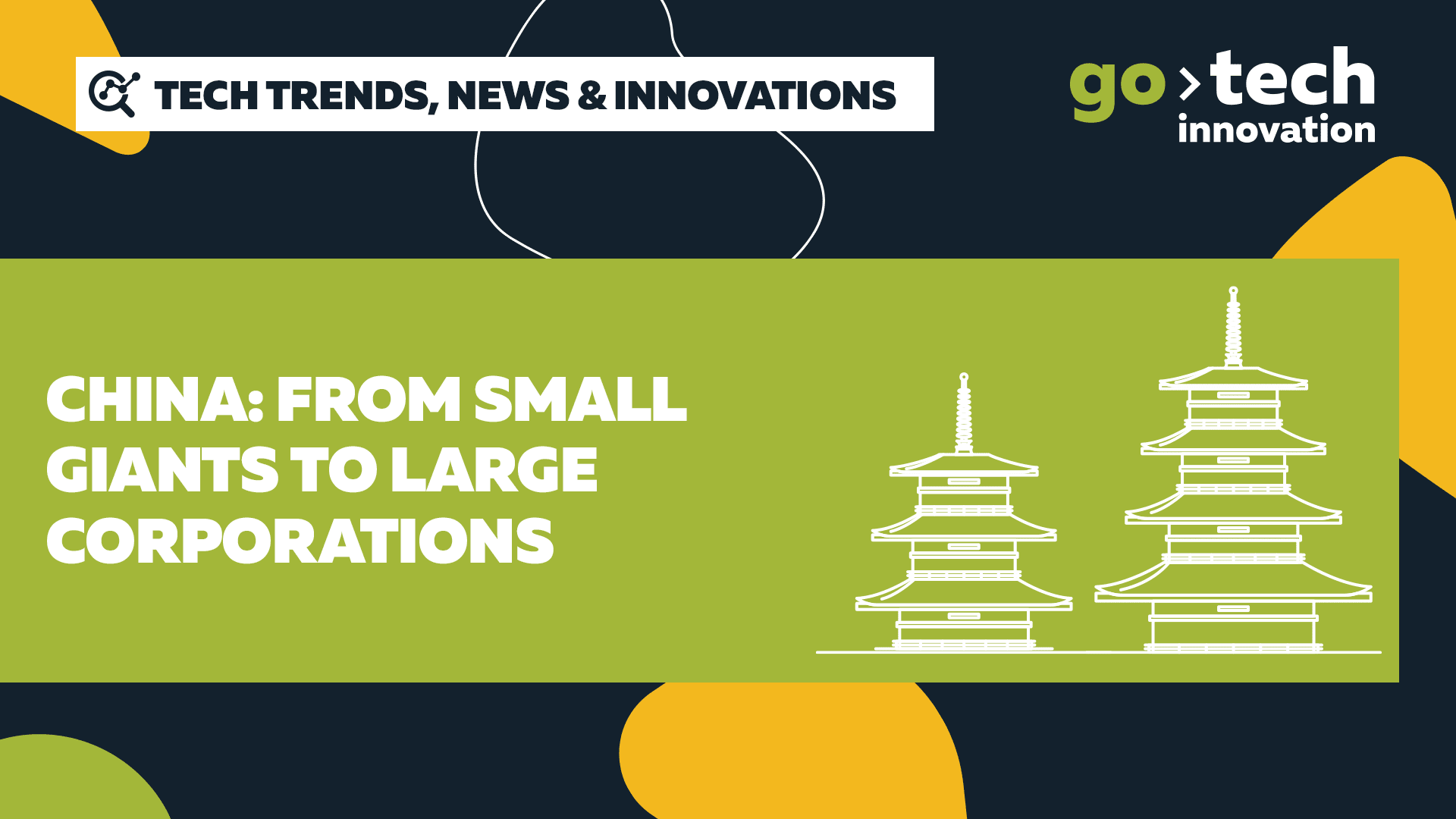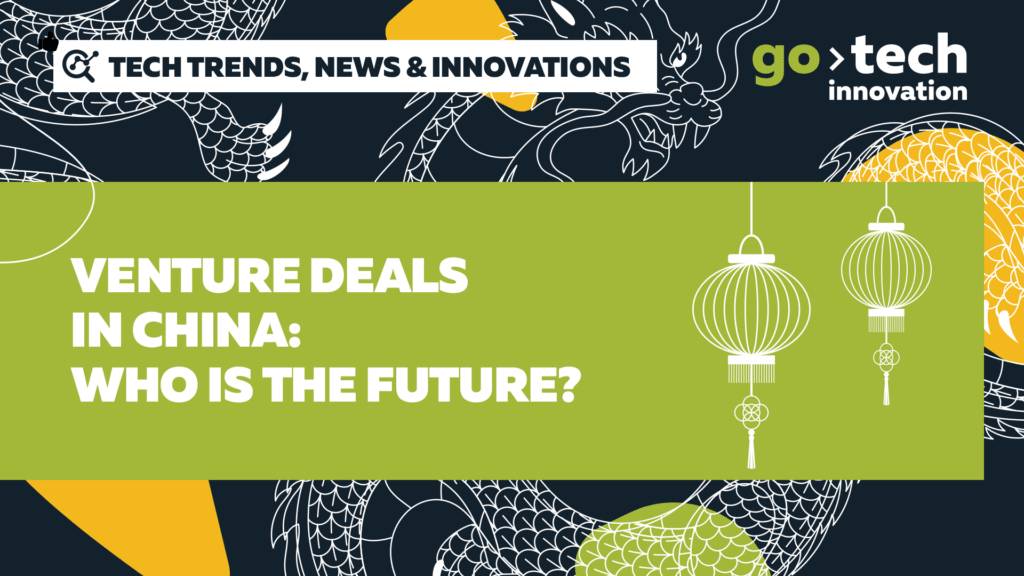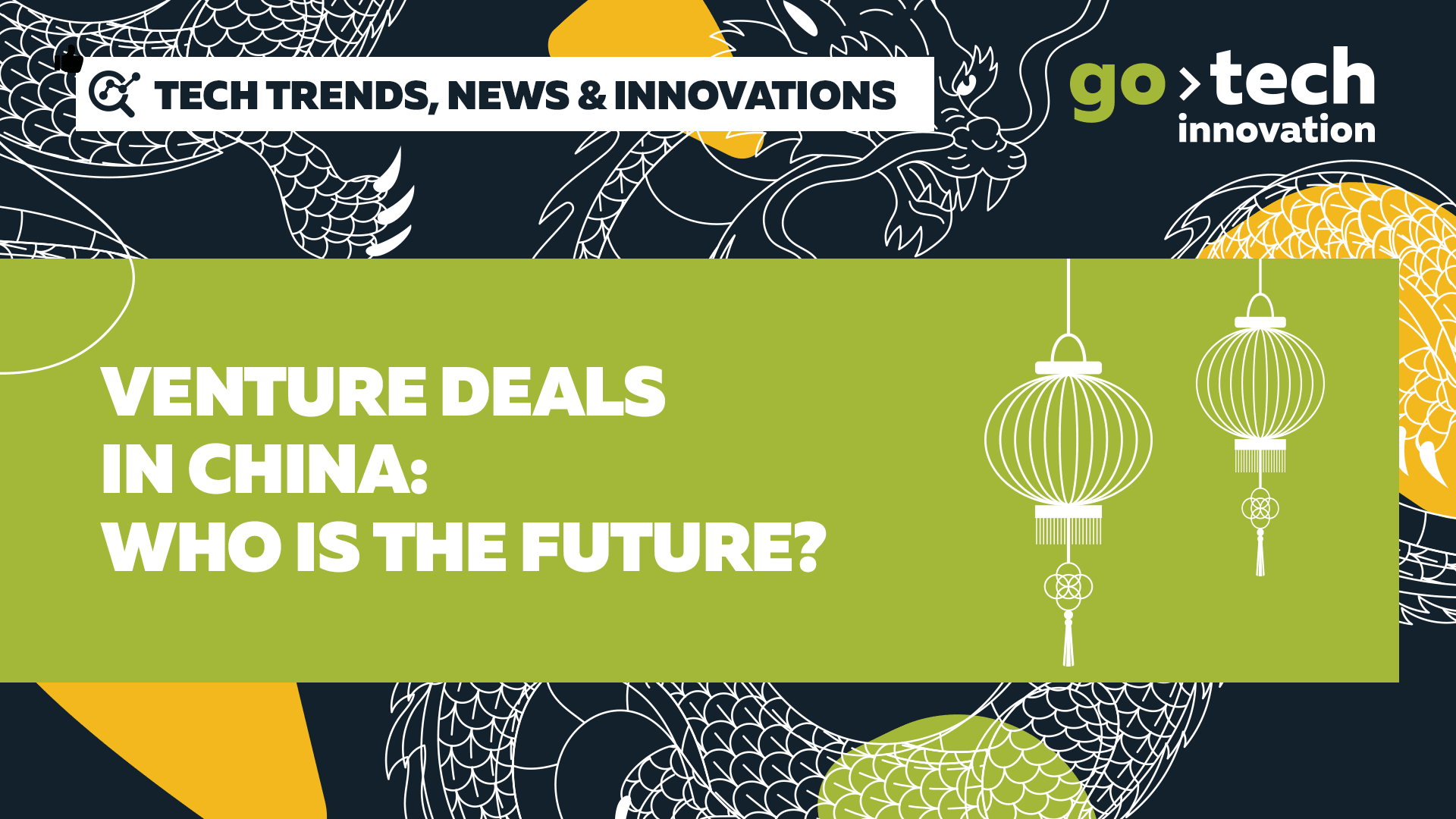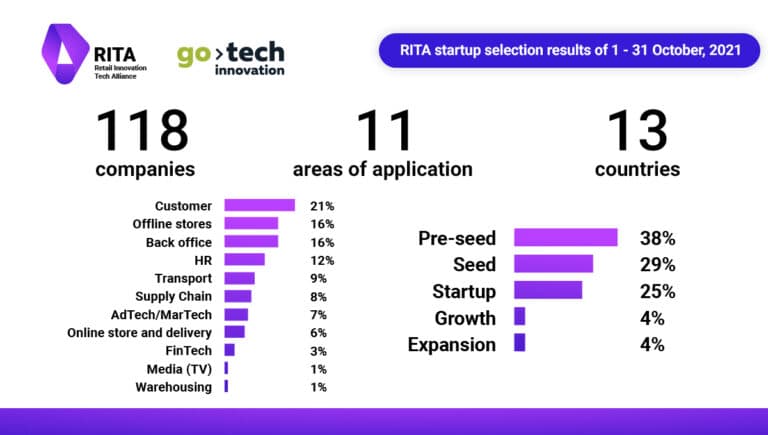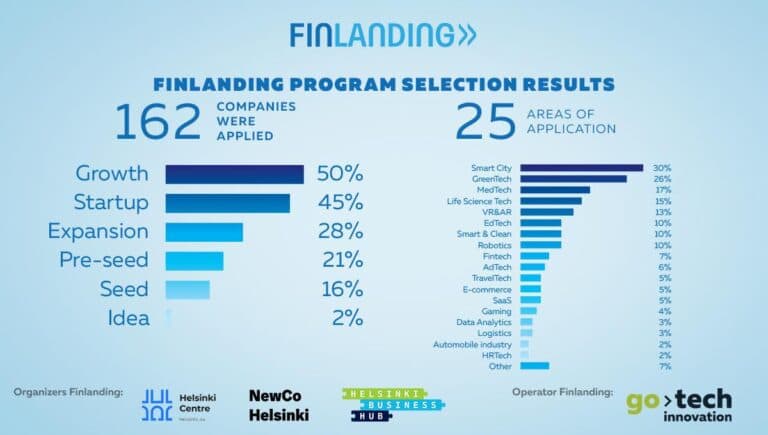The volume of venture capital investments in China last year turned out to be close to the level of 2022, noticeably inferior to the figures of 2 to 3 years ago. However, it is not worth to talk about a decrease in venture capital activity in the country. New leaders are emerging among investors, while the former ones are working more closely on choosing the companies they are going to finance. Russian representatives may also become one of such leaders – they have already taken the first steps towards investment and development of technology companies in China.
Electric vehicles are ready to lead the race
The decline in venture capital financing in China began in 2022. At that time, local technology companies, according to Crunchbase, raised $44.2 billion against $88.5 in 2021 and $56.4 in 2020.
According to KPMG China, China remains the largest player in raising venture capital financing to technology companies among all Asian countries. Therefore, in the third quarter, 8 out of 10 major transactions in this segment were in China and, first of all, these were investments in the electric vehicle industry.
Crunchbase analysts estimated that in 2023, the volume of venture capital investments in Chinese technology companies increased from quarter to quarter. Therefore, in the first quarter it amounted to $9.2 billion, in the period from April to June to $11.5 billion, and in the third quarter to $14.1 billion. This result turned out to be the best since the first quarter of 2022.
The high figure in the period from July to September last year was provided primarily by investments in companies from the semiconductor sector and the electric vehicle industry. GTA Semiconductor, Runpeng Semiconductor, Hozon, Rox Motor and Hithium Energy Storage have raised more than $500 million each. KPMG clarified that GTA Semiconductor raised $1.87 billion, and Rox Motor about $1 billion.
The largest deal in the first nine months of 2023, according to Crunchbase, was a $2 billion investment in online fashion retailer Shein, a company that was founded 15 years ago. The trend towards financing late-stage companies and technologically developing businesses was now a key one in China’s venture capital segment last year. For example, they accounted for half of all venture capital investments in Chinese technology companies in the second quarter. The result was $5.8 billion, which was the best indicator since the first quarter of 2022 ($6.2 billion).
Other deals in the late-stage company included $524 million raised by Anhui YOFC Advanced Semiconductor in Round A, $340 million in Round C by the SJ Semi company and $315 million, which were sent to the pharmaceutical company Hasten Biomedical.
The volume of investments in early-stage companies in China in the first half of last year was at the same level of $5.1 billion in the second quarter vs. $5 billion in the first three months of the year. But in general, in the first six months, the drop in investment volumes compared to the same period in 2022 amounted to 17%.
KPMG calls companies from the electric vehicle industry the main magnets for venture market players in China, as they have begun to actively look at foreign markets. For example, last year, some Chinese vehicle makers (Zeekr or Nio) started supplying new energy vehicles to European countries. Nio also built the first battery replacement stations in Europe for electric vehicles – the so-called swap stations, which are designed to maintain a high-power reserve for electric cars.
The new materials segment also remains attractive to investors, both as suppliers for electric vehicles and in the field of semiconductors or the chemical industry. Venture capital investors continue to take a broad look at China’s energy industry, where they are attracted to solar energy projects considering expansion into Southeast Asia and the Middle East.
The artificial intelligence industry is also highlighted by KPMG analysts as promising for investments. However, here the Chinese leadership is beginning to make progress in terms of legislative regulation of the sector. As for fintech, the companies based in Hong Kong are the undisputed leader here. For example, wealthtech startup Micro Connect raised $458 million in the third quarter.
US sanctions open opportunities
The most important event for the Chinese venture capital market last year was the restriction imposed by the US president on American investments in three sectors of the Asian country’s economy: semiconductors and microelectronics, quantum information technology and artificial intelligence.
The United States consistently ranked 2nd in terms of venture capital investments in Chinese technology companies. On the 1st, of course, was China itself.
In anticipation of the initiative of their president, many American investors have reduced their activity in the Chinese venture capital industry in advance. The decline in transactions involving them was especially noticeable already in 2022: 75 vs. 106 in 2021, or $10.1 billion vs. $3.2 billion, respectively. In 2023, the trend continued – by August, when the initiative of the American president was announced, investors from this country had made 30 deals with Chinese technology companies worth $2.8 billion.
The picture of a decrease in the activity of venture funds from the United States is supported by the indicators of the leaders. GGV Capital made 75 transactions with Chinese companies from 2021 to August 2023, but only four of them were registered in the first eight months of 2023. In the investor’s portfolio, there are deals with such well-known companies as Didi, electric vehicle manufacturers Xpeng Motors or Sensors Data.
The most famous American investor in an early-stage company in China, GSR Ventures, also could not boast of a large number of deals last year. There was only three by August. Whereas since 2021 there have been 36.
Perhaps to circumvent the restrictions imposed by the American president, some venture capital funds decided to allocate their Asian business into separate companies. For example, this is what GGV Capital and Sequoia Capital did. No one wants to lose touch with companies like TikTok, in which American companies such as General Atlantic, Kohlberg Kravis Roberts and Sequoia Capital invested.
Many analysts and market players agree that last year’s US sanctions will open opportunities for investors from other countries and regions. While American venture capital companies will deal with the desire not to offend the leadership of their country, other, primarily local players may take their place. However, on the other hand, there are niches for investors from the United States where they are still very active. So, in 2023, they were interested in companies from the fields of tourism, retail, HoReCa, healthy lifestyle and, of course, the automotive industry. Do not forget that China now produces about 1/3 of all vehicles in the world.
Who the tech giants are going after?
Investments in technology companies of leading corporations, such as Alibaba, Tencent and Baidu in 2023 decreased by 40% compared to 2022. They made 102 deals in total.
The main volume of investments by Internet giants fell on social networks and video gaming, corporate services, healthcare, advanced manufacturing technologies, semiconductor segment, artificial intelligence, as well as e-commerce. It is interesting that Alibaba carried out three of its four e-commerce transactions with foreign companies. On the other hand, Tencent and Alibaba have made 7 and 4 transactions, respectively, in companies developing technologies of large language models.
Other leading IT giants have not distinguished themselves by their strong zeal for corporate investments. ByteDance, which owns TikTok, has 5 deals, and the leading online marketplace JD.com has only 2.
Against the background of not too active Chinese technology leaders, Xiaomi took the palm in terms of the number of external transactions – 82 last year. The company was particularly active in the transport segment, culminating in December with the brand’s first electric vehicle, the SU7 sports sedan. It is noteworthy that in the same month Xiaomi closed three deals with startups from the automotive industry. For China’s corporate investments, Xiaomi’s leadership can be considered as a positive signal.
To end the review above we would like to say that GoTech Innovation team is constantly studying trends in many global technology markets, which helps us to provide high-quality startup scouting services and topical analytics about our industry. You are welcome to follow us on Linkedin and Medium to read further texts about China and other countries.
